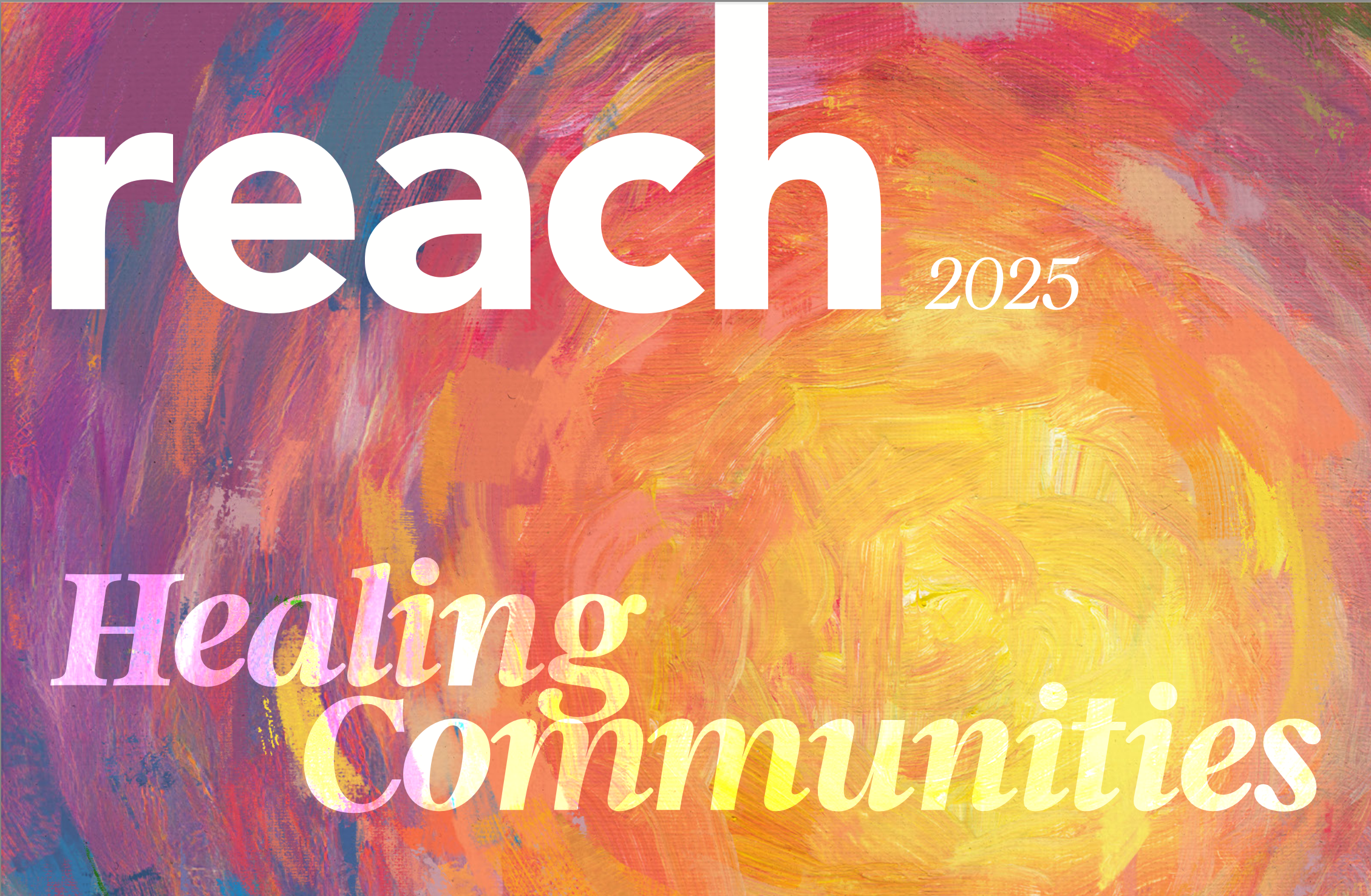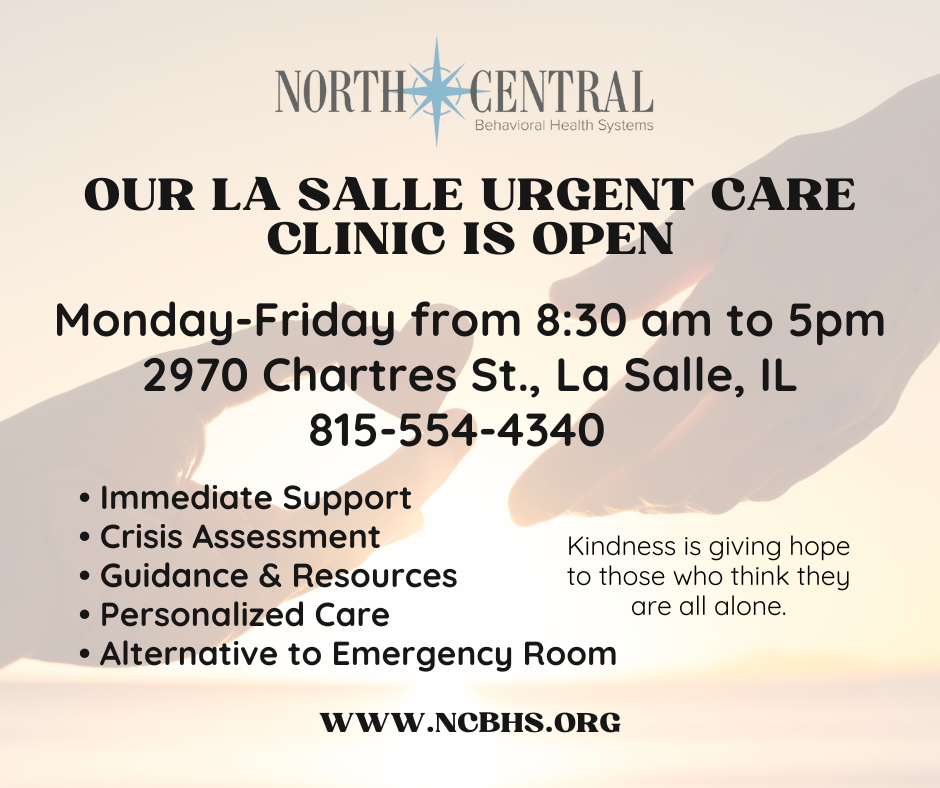
In the midst of this sweeping pandemic, humankind is being faced with an abrupt new reality…our lives are going to change and we are not exactly sure how, yet. As people are asked to stay in their homes to limit human contact and exposure to the COVID-19 virus, many of us are faced with an unsettling concern and uncertainty.
Although social distancing is a necessity to prevent spread and preserve human life, the discontinuation of established routine and the concept of a whole new world may deeply impact our mental health. Anxieties are increased across the globe, as people try to navigate and adapt in their new world.
Traumatic events can trigger internal mechanisms that awaken resting memories and fears, and/or create new ones. Restrictions and limitations may leave some individuals feeling trapped and alone. Isolation, loneliness, and the perception of danger can create the perfect storm for depression, anxiety, and other trauma-related symptoms. Symptoms of depression are exacerbated as many individuals may feel more helpless and hopeless during this time.
As we continue to face new challenges and grapple with current crises, it is important to try to remain in the present moment (mindfulness), the “here and now”. Allowing our minds to wander and ruminate, will more than likely create additional stress and worry outside of our realm of control. We can be our own worst enemy or our biggest fan, and in this time, we need faith, hope, and support more than ever.
It is necessary to utilize coping skills, like grounding techniques, mindfulness, meditation, and other stress-relieving/diverting tactics to mitigate symptoms of anxiety and panic. Connecting with supportive people via apps or within your home, savoring the moments you have with your loved ones, and cultivating a culture of gratitude can help battle the fears of uncertainty.
Exposure to persistent risk and danger, scarcity of daily resources, and being overwhelmed with information and news via the media and social media puts individuals at a higher risk for experiencing trauma responses.
Individuals exposed to chronic and acute stress with no coping skills or support systems are at a greater risk for developing post-traumatic symptoms. Vulnerability to trauma-related symptoms is common for victims and witnesses of tragedy, which is nearly unavoidable in today’s technological age. Vicarious trauma, or indirect trauma, can have the same effects as direct trauma experiences. Every individual internalizes their experiences differently through their own unique lens. Therefore, a seemingly casual experience to one individual may deeply effect and traumatize another individual experiencing the same event.
Trauma challenges people’s sense of reality and perception. The world around them seems less safe than it was before, which can perpetuate a constant cycle of fear, anxiety, and depression. Therefore, health professionals should be aware of both their physiological and psychological reaction and response to the crises surrounding them. Human beings are a strong and resilient species, evolved to adapt and survive. In those moments, we need to survive and be present, our brains will push our bodies through as much as we can endure. But we must be cognizant of the days following, so we are aware of not only the physical precautions, but also the mental ones.
In this unprecedented time, it is important to take care of ourselves mentally. As we all adjust to this new way of living, interacting, and existing, we are faced with overwhelming questions to which there is no answer, along with thoughts and emotions that we do not know how to process. It is common to be afraid of what we don’t know. Uncertainty can be unsettling, but there are ways to Inspire hope.
It is okay to talk about fears, doubts, and anxieties you are experiencing. By communicating with others, you validate yourself and inspire others to reach out as well. This common thread is universality, and it lets us know we are not alone in this. As much as we physically need to be apart from one another, we have an even greater need to come together (from a distance).
Tips
1) Do what you can to take charge of your anxiety by breaking your concerns down into manageable chunks.
2) Change what you can, and work on strategies for accepting and coping with what you can’t.
3) Limit your media exposure so you’re not dwelling on the situation.
4) Stay connected, through whatever means are available, to the people that are important to you.
5) Above all, remember what stress management strategies work for you, and actually use them regularly to get through this challenging outbreak.
New reports about COVID-19 are becoming more widespread and are making some people anxious. Here are some tips to help you manage your anxiety, put news reports in perspective and maintain a positive outlook.
- Keep things in perspective. Take a deep breath and remind yourself that most people who contract COVID-19 will only experience mild symptoms. Work is being done to help people who may be more vulnerable to the coronavirus, such as senior citizens and those with underlying health conditions. As coverage increases, it's important to take the necessary precautions to keep your family and loved ones healthy.
- Get the facts. It is helpful to adopt a more analytical approach as you follow news reports about the coronavirus. You will also want to verify information that you receive from family, friends or social media. The U.S. Centers for Disease Control and Prevention has a webpage dedicated to information on the coronavirus outbreak. You may also find useful, reputable information from local or state public health agencies or even your family physician.
- Communicate with your children. Discuss the news coverage of the coronavirus with honest and age-appropriate information. Parents can also help allay distress by focusing children on routines and schedules. Remember that children will observe your behaviors and emotions for cues on how to manage their own feelings during this time. You may want to limit how much media they consume to help keep their anxiety in check.
- Keep connected. Maintaining social networks can foster a sense of normality and provide valuable outlets for sharing feelings and relieving stress. You can maintain these connections without increasing your risk of getting the virus by talking on the phone, texting or chatting with people on social media platforms. Feel free to share useful information you find on government websites with your friends and family. It will help them deal with their own anxiety.
- Seek additional help. Individuals who feel an overwhelming nervousness, a lingering sadness, or other prolonged reactions that adversely affect their job performance or interpersonal relationships should consult with a trained and experienced mental health professional. Psychologists and other appropriate mental health providers can help people deal with extreme stress. These professionals work with individuals to help them find constructive ways to manage adversity.


